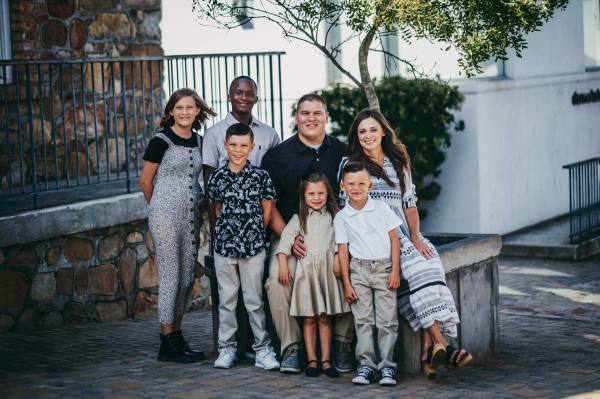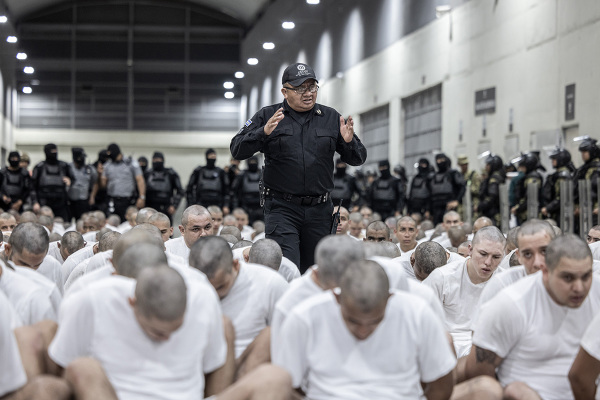Troy Davis Story: Inmate Maintained Innocence to Very End, Prayed for Executioners
Troy Davis was executed at 11:08 p.m. EDT Wednesday. The convicted cop-killer maintained to the very end that he was innocent and even asked God to have mercy on the Georgia prison officials who were "about to take [his] life."
Despite an almost four-hour delay by the U.S. Supreme Court to consider a final appeal by members of Davis' legal team, the court denied the condemned man's 11th-hour appeal, which removed all barriers to the 42-year-old's execution by lethal injection minutes later.
Davis told relatives of Mark MacPhail, whom he was convicted of killing, that the officer’s 1989 slaying was not his fault. "I did not have a gun," he insisted, according to media reports.
He then directed his attention to prison officials: "For those about to take my life," he said, "may God have mercy on your souls. May God bless your souls."
Brian Kammer, attorney for Davis, said he was seeking a stay from the court based on the assertion that false, misleading and inaccurate information was presented at the trial, "rendering the convictions and death sentence fundamentally unreliable."
The attempt to win a stay did produce some cautious optimism when it was announced that the U.S. Supreme Court had delayed Davis’ execution.
Supporters gathered to pray outside the Supreme Court building as well as outside the Georgia Diagnostic Prison in Jackson where Davis would eventually be put to death.
Many speculated on whether Davis would ultimately receive a stay of execution, or if the Georgia man’s case would alert the public to arguments against the death penalty.
In an interview with CNN, Davis' pastor, the Rev. Raphael Gamaliel Warnock of the Ebenezer Baptist Church said, "Most of us are horrified by the notion of someone spending 20 or 30 years in prison only for it to be discovered later that they are innocent. Imagine taking someone’s life, there is no way of correcting that."
Laura Moye of Amnesty International said Davis' execution would be "the best argument for abolishing the death penalty."
Edward DuBose, a leader of the Georgia branch of the NAACP, commented that it was not an execution, but a "murder."






















